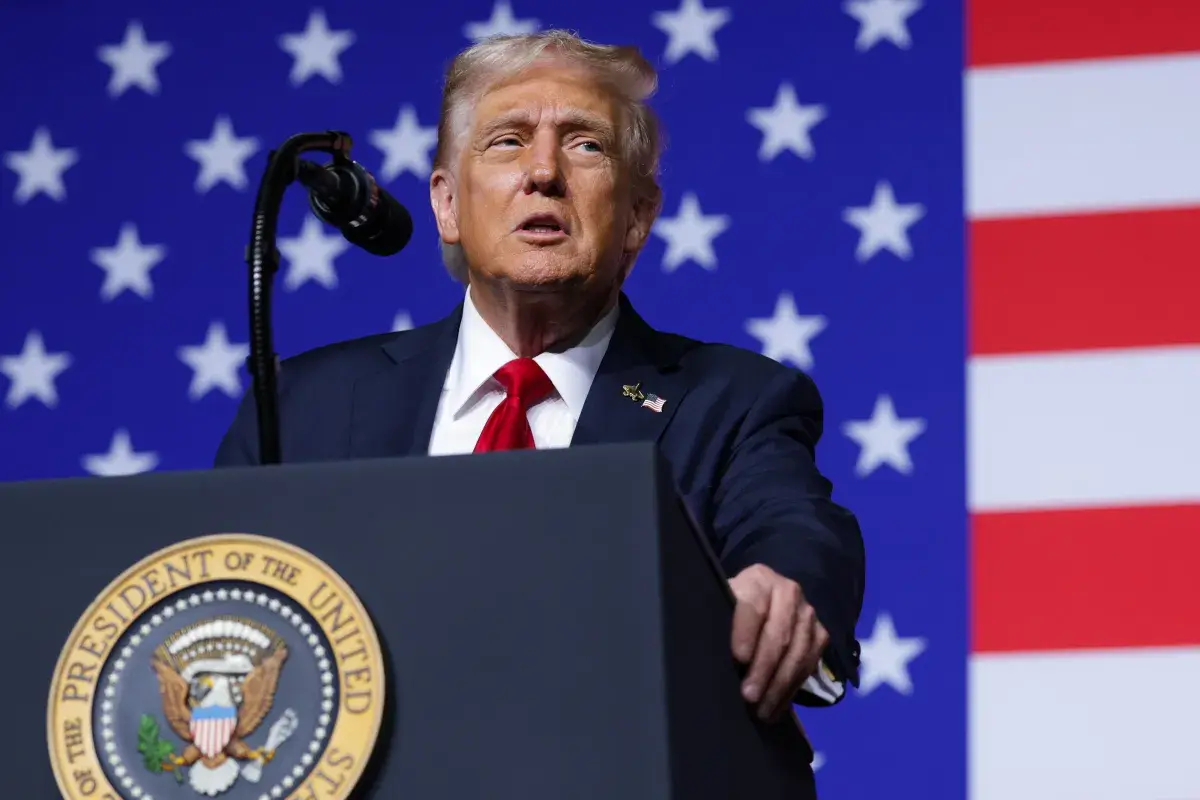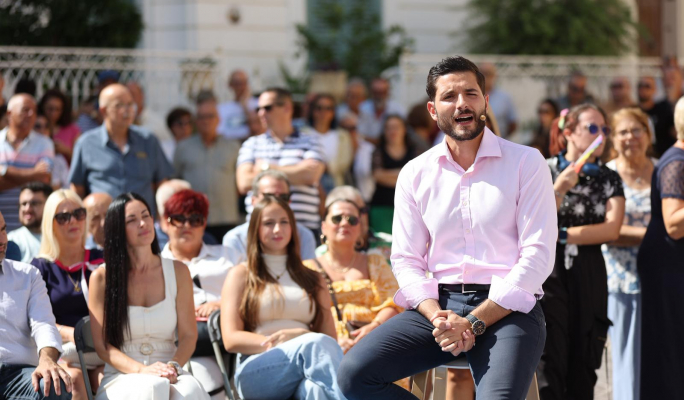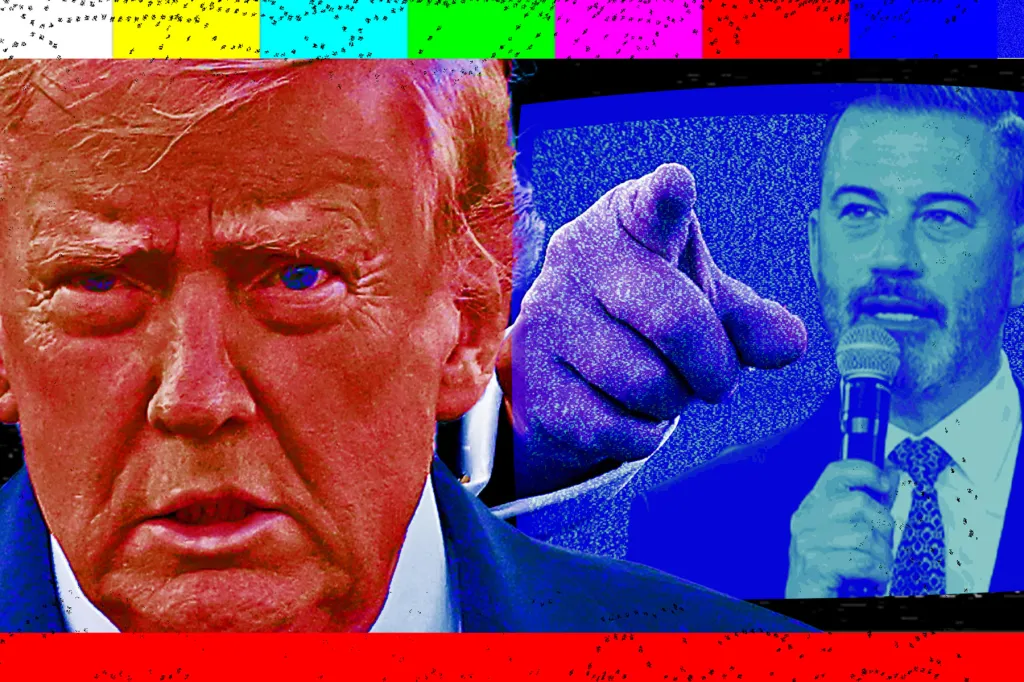
President Donald Trump’s tariffs are pushing Halloween costs to record highs, with the National Retail Federation (NRF) saying that shoppers can expect to pay $114.45 per person this season—$11 more than last year.
Newsweek has reached out to the White House via email on Friday for comment.
Why It Matters
Trump has centered his presidency on being “America-first,” hiking up tariffs rates to prioritize U.S. jobs and give the country more power in trade. In April, the president raised U.S. tariffs on most Chinese goods from 20 to 145 percent before lowering the rate to 30 percent in May.
However, in the short term, the tariffs have led to price hikes on a variety of items as companies pass on the costs to consumers.
What To Know
This season, the NRF said Halloween shoppers can expect to pay a record high of $114.45 per person, with its survey finding that 79 percent of Halloween shoppers expect to pay higher prices this year as a result of tariffs.
Costumes could be $5 to $10 more this year, CNN reported, but prices for items made outside of China may stay relatively flat.
According to the Halloween and Costume Association, around 90 percent of Halloween products contain something made overseas, usually in China.
Chris Zephro, who owns the Santa Cruz, California-based Halloween retailer Trick or Trick Studios, told CNN that he’s already paid $800,000 in tariff costs this year. The surge in costs has caused him to lay off 15 employees, the first layoffs he’s done since he began his company 15 years ago.
“The Trump administration’s tariff plan may drive Halloween prices significantly higher, particularly for products made with imported materials from China and other countries, as rising import costs are passed along to consumers—costs that companies cannot afford to absorb without cutting into already thin margins,” Kevin Thompson, the CEO of 9i Capital Group and the host of the 9innings podcast, told Newsweek.
What People Are Saying
Trick or Trick Studios owner Chris Zephro told CNN: “I would love to have a conversation closed doors with Trump, because he’s not an idiot. He took the same classes in business school that I took, so let’s drop the veil. This is Economics 101. Tariffs are paid by importers.”
Consumer Reyna Hernandez told CNN: “It’s just ridiculous. We cannot even afford this at all. Like, a lot of people are not going to be able to afford a costume this year.”
White House spokesman Kush Desai said in a statement to CNN: “President Trump pledged to use tariffs to level the playing field, address fentanyl smuggling, and restore American Greatness. Rising real wages, historic trade deals, and trillions in investment commitments to make and hire in America prove that President Trump’s America First agenda is paying off for the American people in the ways that matter most.”
Kevin Thompson, the CEO of 9i Capital Group and the host of the 9innings podcast, told Newsweek: “Consumers will pay more for anything and everything that is imported due to the pass-through effect on tariffs. Trump has already said that he is less concerned about cheap products made from China and wants to support American industry, so anything American made will not receive a tariff mark-up which is very difficult to determine at times.”
Alex Beene, a financial literacy instructor for the University of Tennessee at Martin, told Newsweek: “The scariest thing about this Halloween season for most Americans will be the prices they’re paying to celebrate the holiday. The market for Halloween items in the United States has exploded in recent years, reaching nearly $12 billion in sales in 2024.”
“And while some items will escape the impact of tariffs, the reality is most consumer goods like decorations or costumes that are typically produced internationally for a far cheaper cost are going to see significant price bumps this year. And while a Halloween costume is obviously not as essential as many other items, for many families, buying one is a part of their annual celebration.”
What Happens Next?
As inflation from tariffs remains high, the holiday season could usher in increasingly higher prices for consumers.
“The holiday season is looking to be one where not only will people spend less, but it could be a drastic decline as higher prices are impacting everyone from food to travel,” Thompson said. “We may be in this for quite some time as unemployment ticks higher, inflation continues to rise, companies slowly shutter, and political infighting continues.”



